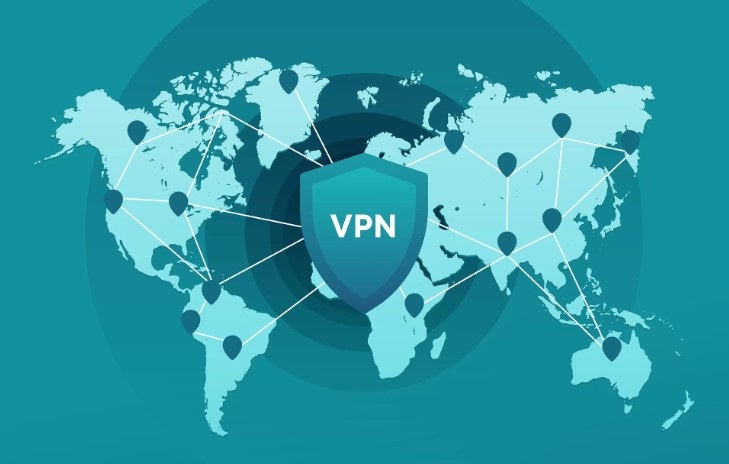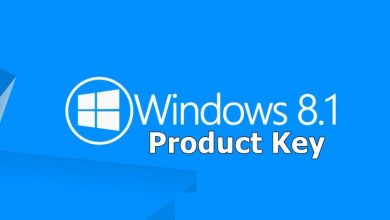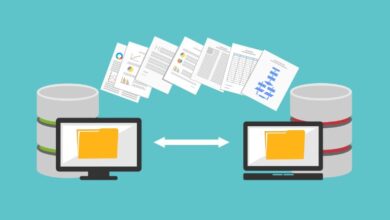
What Is a VPN & How Does It Work?
VPNs are a valuable tool that can help keep your online activity private and secure. Here’s everything you need to know about using a VPN to protect yourself online.
What is a VPN and what does it mean?
VPN stands for Virtual Private Network. A VPN creates a secure connection between your computer and a server that you select. This protects your data from being accessed by others, including the hackers who are trying to steal your information.
In addition, a VPN can also keep your internet traffic private, so you can browse the web anonymously.
How do VPNs work?
VPNs are a type of network security protocol. They allow you to create a secure connection between your computer and a remote server. This can help protect your privacy by encrypting your traffic. VPNs also have the ability to keep your data confidential, even if it’s being transferred across public networks. VPNs use a variety of encryption techniques to protect your data from being accessed by hackers or other unauthorized individuals. These include:
– SSL/TLS: This is the most common type of encryption used in VPNs. It’s used to ensure that the data is encrypted before it’s transmitted over the network. SSL/TLS works with most web browsers and is considered to be one of the strongest forms of encryption available.
– IPSec: IPSec is another commonly used form of encryption in VPNs. It uses a variety of security protocols to protect the data from being accessed by unauthorized individuals. Some of the benefits of using IPSec include: it provides an increased level of security, it’s faster than other types of encryption, and it’s easier to set up than other types of VPNs.
– OpenVPN: OpenVPN is one of the more popular types of VPNs. It uses strong encryption algorithms and
Different types of VPN
VPNs are a great way to protect your privacy and security online. Here’s a breakdown of the different types of VPNs so you can decide to download a VPN which is best for you:
1) Virtual Private Network (VPN): A VPN creates an encrypted “tunnel” between your computer and the VPN server. All the traffic passing through this tunnel is private, so no one can track your activity or data. In addition, a VPN can also protect your internet traffic from being monitored by your ISP or government.
2) Secure Shell (SSH): SSH is a secure protocol used to connect to remote servers. When using SSH, your data is encrypted before it travels over the network. This prevents anyone from spying on your activity or stealing your data.
3) Proxy Server: A proxy server acts as a middleman between you and the internet. Whenever you try to access a website, the proxy server will request the website from the internet and then send it on to you. Proxies are useful if you want to bypass filters set by your workplace or school, or if you want to hide your IP address.
4) Tor: Tor is an anonymous network
Why use a VPN?
When you use a VPN, your computer becomes part of a private network. This means that all the traffic between your computer and the internet is hidden, making it difficult for someone to track. Additionally, a VPN encrypts all of your traffic, making it very difficult for anyone to spy on what you’re doing online.
VPNs are also beneficial for security. By using a VPN, you create an encrypted tunnel between your computer and the VPN server. This prevents anyone from spying on your internet activity or tracking your location. Additionally, a VPN can protect against malware and phishing attacks.
Can I use a VPN on any device?
Yes, you can use a VPN on any device. However, some devices may not be compatible with certain VPNs. For example, some routers do not support VPNs. Additionally, some devices may not have the necessary software to use a VPN.
What to look for when choosing a VPN
When choosing a VPN, it is important to understand what to look for. First, the VPN should have strong encryption and security features. Second, the VPN should have a wide range of servers to ensure good geographic coverage. Third, the VPN should have a good reputation and user base. Finally, the price should be affordable.
FAQs
What is a VPN?
VPN stands for virtual private network. A VPN connects your computer or smartphone to a secure server, allowing you to browse the Internet without revealing your true location. VPNs can also help protect your privacy by encrypting your traffic.
How do I set up a VPN?
To set up a VPN on your device, first open the Settings app. Tap on “VPN” and then enter your VPN provider’s login credentials. Tap on “Create New Connection” to create a new VPN connection. Enter your device’s IP address and port number and tap on “Connect”.
Are VPNs legal?
There is no one-size-fits-all answer to this question as the legality of a VPN depends on the specific country or region in which it is being used. In some countries, VPNs are strictly prohibited by law and can result in fines or even imprisonment. Other countries have more relaxed regulations, and while VPN use is not officially supported, it is not considered illegal.
Please consult the specific laws of your country or region to see if using a VPN is legal.





